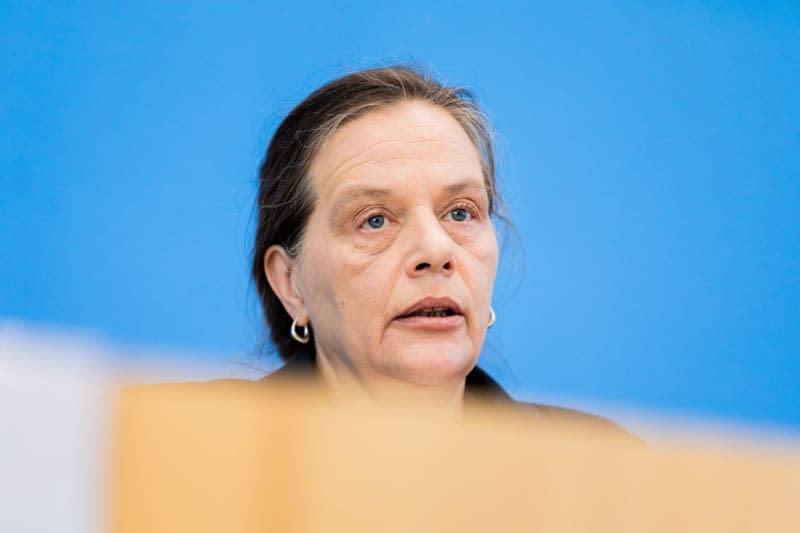CashNews.co

The German economy contracted slightly in the second quarter, partly due to decreased investments and the crisis in the construction industry, the Federal Statistical Office (Destatis) reported on Tuesday.
Germany’s gross domestic product (GDP) decreased by 0.1% compared to the previous quarter, confirming an initial estimate from late July, after a 0.2% rise in the first quarter.
“After a slight increase in the previous quarter, the German economy slowed down again in spring,” said Destatis President Ruth Brand.
The German economy is Europe’s largest, but it has been in crisis for years and performed worse in the second quarter than in other European countries such as Spain and France.
With the negative result in the second quarter, there is a risk that Germany may fall back into recession.
The Deutsche Bundesbank, Germany’s central bank, anticipates that the economic revival will be further delayed. It expects an economic lull but not a prolonged decline in economic output.
According to statisticians, one of the reasons for the economic slowdown in the second quarter was a 4.1% drop in investments in equipment, particularly in machinery, devices and vehicles.
A 2% decline in construction investments also hit growth, Destatis said, while foreign trade failed to provide a stimulus, as exports of goods and services decreased by 0.2% in the second quarter.
Deficit falls in first half of 2024
Destatis also released preliminary calculations on Tuesday that showed Germany’s national deficit decreased slightly to €38.1 billion ($42.6 billion) in the first half of the year.
This was €1.3 billion less than in the same period last year. The expiration of a relief scheme aimed at curbing high energy prices dampened the increase in government spending, according to the statisticians.
This translates to a deficit rate of 1.8% of GDP for the first half of the year.
The federal government accounted for the largest portion of the national deficit, at €24.6 billion. However, this deficit shrank significantly by €17.9 billion from the previous year.
Exporters report troubles
Meanwhile, an ifo Institute survey published on Tuesday showed that German industry is struggling to benefit from the economic growth in other European countries, as sentiment among exporters continues to decline.
Export expectations dropped from minus 2.2 points in July to minus 4.8 points in August, it said.
The survey revealed that the automotive and metal industries are anticipating a decline in foreign sales, while the chemical industry expects export levels to remain steady.
Consumer sentiment tumbles in August
Amid the poor economic outlook, consumer sentiment in Germany took a significant hit in August due to rising unemployment and further insolvencies, according to the latest data published Tuesday by consumer research institutes GfK and NIM.
Expectations regarding income and economic growth have declined, along with consumer spending, while savings rates have risen.
In the forecast for September, the consumer climate index now only reaches minus 22 points, a deterioration of 3.4 points, the institutes reported.
“Apparently, the euphoria of German consumers triggered by the European Football Championship was only a brief flare-up and faded after the end of the tournament. In addition, negative news about job security is making consumers more pessimistic and a fast recovery in consumer sentiment seems unlikely,” explained Rolf Buerkl, consumer expert at NIM.
